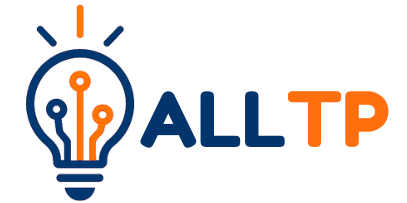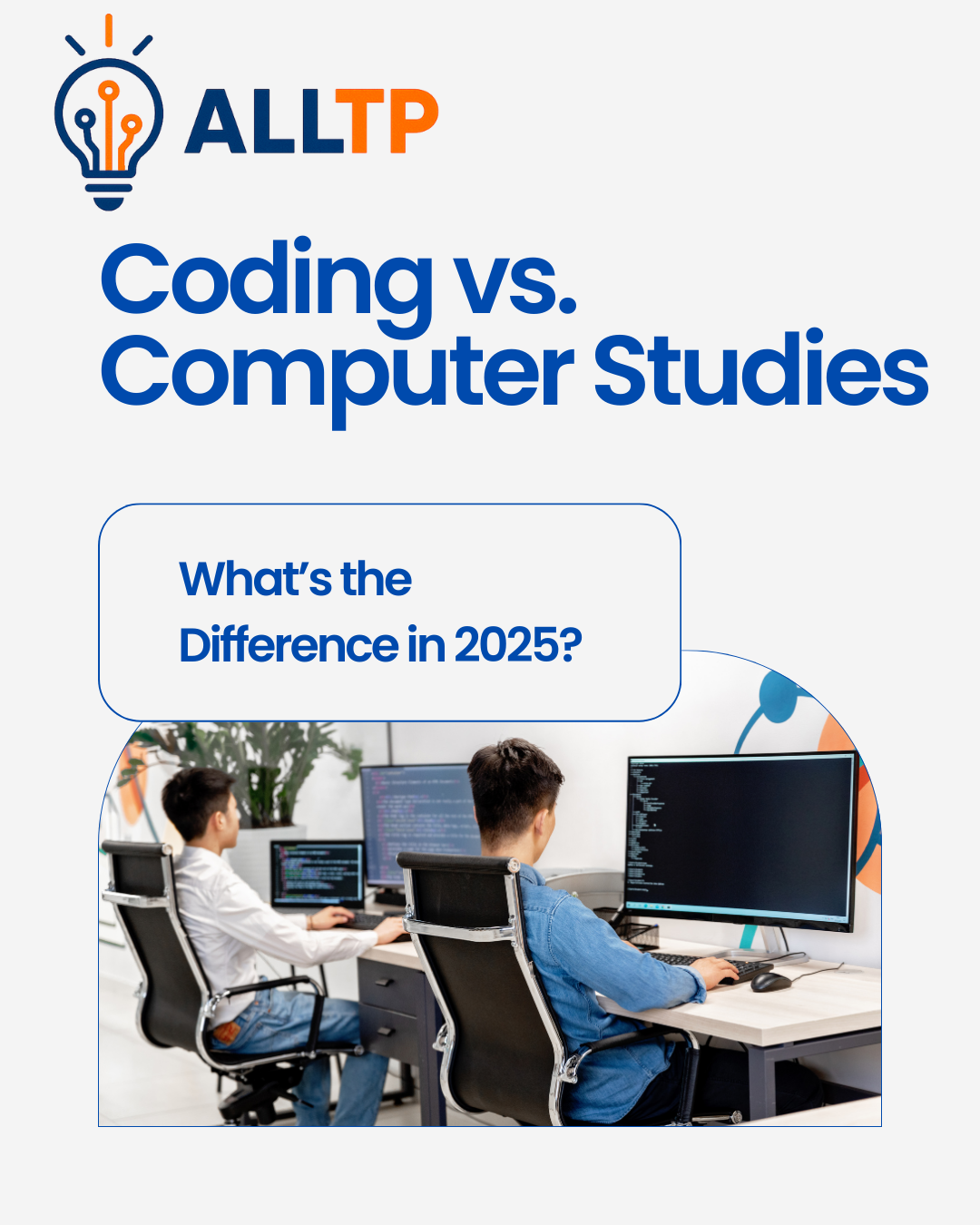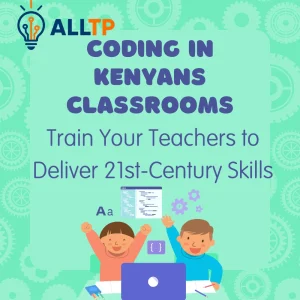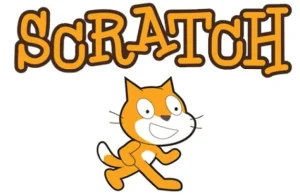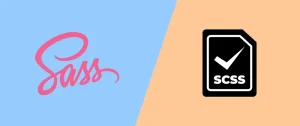In 2025, digital skills have moved from being optional to essential, shaping how we learn, work, and solve problems. Whether in business, healthcare, education, or creative industries, technology is now woven into everyday tasks, making tech literacy a critical asset for success.
Yet, terms like “coding” and “computer studies” are often used interchangeably, leading to confusion about what each actually means. While both are rooted in technology, they focus on different skill sets, teaching methods, and career pathways. For learners serious about mastering coding, All Things Programming stands out as one of the best schools, offering industry-aligned training that bridges theory and real-world application.
To understand how coding fits within Kenya’s education framework, read Is Coding Part of the CBC Curriculum? What School Heads Should Know, it explains how coding is being introduced in Kenyan schools under the Competency-Based Curriculum and what it means for teachers and administrators.
This article breaks down the differences between coding and computer studies, explains where they overlap, and shows why understanding both is key to thriving in today’s fast-evolving digital world.
Defining the Terms
1. What is Coding?
Coding is the process of writing instructions, known as code, that tell a computer what to do. These instructions can be as simple as displaying text on a screen or as complex as running an artificial intelligence algorithm.
At its core, coding is about problem-solving, logical thinking, and creating functional digital solutions. It’s the skill behind building software, apps, websites, and automated systems. Popular programming languages include Python, JavaScript, Java, and many others, each suited for different types of projects.
2. What is Computer Studies?
Computer studies is a broader academic discipline that explores how computers and digital systems work. It goes beyond coding to cover topics such as computer theory, hardware, software, networking, and IT literacy. Often introduced in schools as a foundational subject, computer studies equips learners with a general understanding of technology’s role in society.
Lessons may include data management, cybersecurity basics, digital ethics, and the use of productivity tools like spreadsheets and presentation software.
Scope & Curriculum Differences
Coding Curriculum in 2025
In 2025, coding education places a strong emphasis on practical, real-world applications. Students work on projects such as app and web development, automation tools, and even basic artificial intelligence models.
The goal is to nurture computational thinking, problem-solving skills, and creativity. Learning is often delivered through industry-aligned approaches like coding bootcamps, project-based lessons, and collaborative hackathons, ensuring learners can transition smoothly into tech-driven careers.
For schools looking to make this shift affordably, explore Affordable Coding Curriculum Tailored for Kenyan Schools, a guide to implementing practical coding programs that fit both academic goals and limited school budgets.
Computer Studies Curriculum in 2025
Computer studies, on the other hand, is more theory-driven, focusing on building a solid understanding of how technology functions. While it may introduce basic programming concepts, its scope also includes topics like computer networking, cybersecurity awareness, digital ethics, and responsible online behavior.
Lessons are typically tied to national education syllabus requirements, making it a structured pathway to achieving broad IT literacy and understanding technology’s societal impact.
Skills Developed
From Coding
Learning to code builds strong logical reasoning and problem-solving skills, enabling learners to break down complex challenges into manageable steps. It encourages creativity in designing software, apps, and digital solutions, as well as adaptability when working with different tools and technologies.
Coders also gain hands-on experience with APIs, data management, and modern tech stacks, preparing them for innovation in fast-evolving digital industries.
From Computer Studies
Computer studies develops broad computer literacy, ensuring learners are confident using various digital tools and platforms. It fosters an understanding of IT infrastructure, from hardware components to networking systems, while also covering productivity software like spreadsheets and databases. Equally important, it instills awareness of technology ethics, cyber safety, and responsible use, skills that are increasingly critical in a connected world.
Career Pathways
Coding Careers
Mastering coding opens doors to a variety of specialized tech careers. Roles such as Software Developer and Web Developer focus on creating applications, websites, and systems. More data-focused positions, like Data Scientist, involve analyzing large datasets to uncover insights, while cutting-edge fields like AI/ML Engineer explore artificial intelligence and machine learning solutions that shape the future of technology.
Computer Studies Careers
A strong foundation in computer studies can lead to careers that keep technology systems running smoothly and securely. IT Support Specialists help individuals and organizations troubleshoot and maintain digital systems. Network Administrators manage and secure computer networks. Digital Educators teach technology skills in schools or training centers, while Business IT Analysts bridge the gap between technical solutions and business needs.
Overlap and Synergy
While coding and computer studies have distinct focuses, they often work best hand-in-hand.
How coding knowledge benefits computer studies students:
Students with coding skills can go beyond simply using technology. They can customize tools, automate repetitive tasks, and develop unique solutions to technical problems.
How computer studies knowledge strengthens coding capabilities:
Understanding hardware, networks, and IT systems gives coders a broader perspective on how their software will function in the real world, helping them write more efficient, compatible, and secure programs.
Example in action:
A network administrator with coding skills could create automation scripts to monitor network performance, send alerts for potential issues, or manage user accounts, saving time and improving efficiency.
The 2025 Perspective: Why Both Matter
In 2025, the line between coding and computer studies is becoming increasingly blurred, with both being integrated into school curriculums and workplace training programs. Educators recognize that to prepare students for the future, they need to combine the creative, problem-solving nature of coding with the broad, foundational understanding provided by computer studies.
The rise of artificial intelligence, automation, and other emerging technologies makes it essential to understand both how to build digital solutions and how the underlying systems work. A developer who understands IT infrastructure can create more secure and efficient software, while an IT specialist who can code gains the ability to automate and innovate in their role.
As technology continues to evolve, hybrid roles are becoming the norm. Careers will increasingly demand professionals who can navigate both the technical theory and the hands-on application, blending coding expertise with strong computer literacy for maximum impact.
Conclusion
While coding and computer studies may seem similar at first glance, they serve different but equally important purposes in the digital world. Coding equips learners with the skills to create, innovate, and solve problems through software, while computer studies provides the broader foundation needed to understand, manage, and use technology effectively.
In 2025, the most valuable professionals and students will be those who can combine these strengths. By mastering both the hands-on creativity of coding and the theoretical depth of computer studies, individuals can position themselves at the forefront of a rapidly evolving tech landscape. Rather than choosing one over the other, the smartest approach is to see them as complementary tools for success in education, careers, and everyday life.
